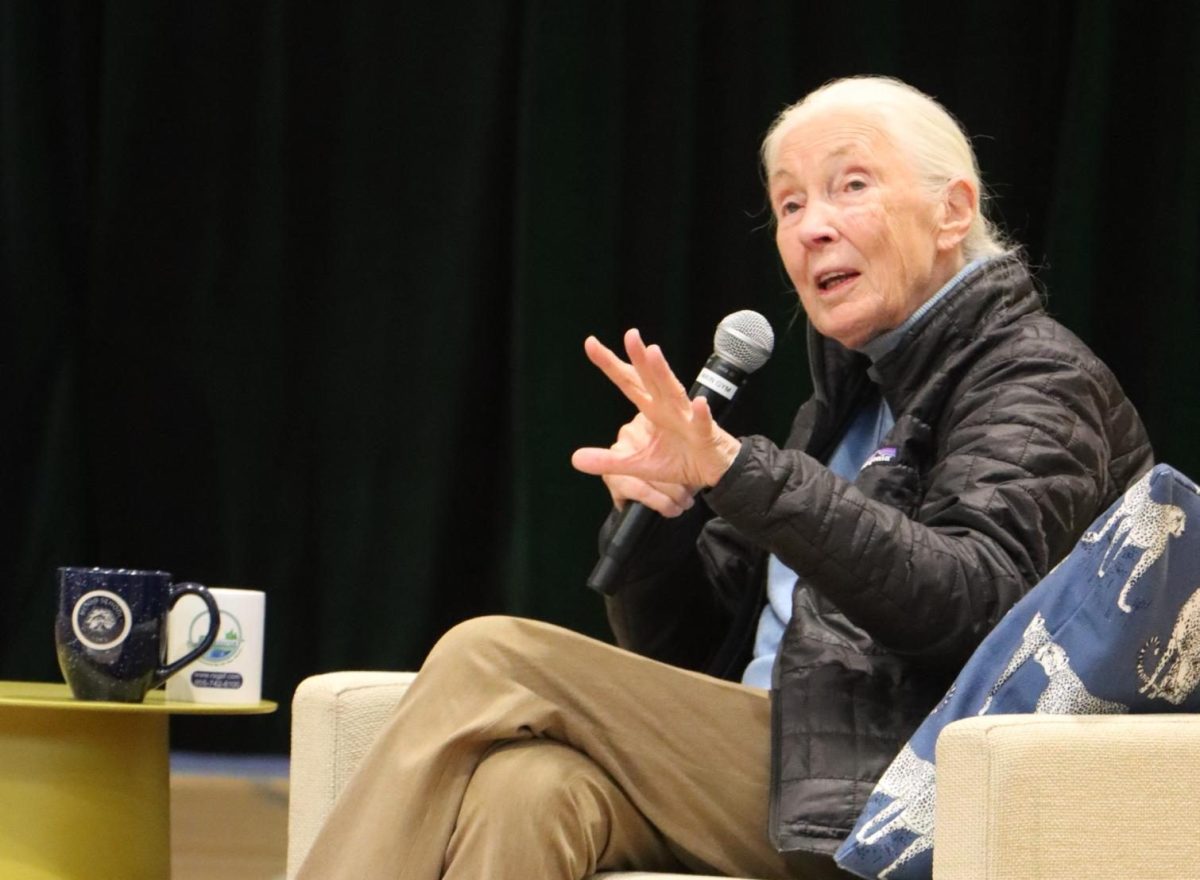The United States-Mexico border in Playas de Tijuana. Staff photo by David Quezada.
By Sam Fortenbaugh
In June of 2012, The Obama administration effectuated Deferred Action for Childhood Arrivals (DACA). This is a permit that temporarily protects “Dreamers”, illegal immigrants who came to the U.S. when they were young, who meet certain requirements from deportation. “The Department of Homeland Security is taking steps to lift the shadow of deportation from these young people,” Barack Obama said in his announcement of Deferred Action for Childhood Arrivals.
To apply for Deferred Action for Childhood Arrivals, an immigrant has to meet certain requirements. An immigrant must have come to the U.S. under the age of 16 and have been under the age of 31 as of June 15, 2012. Also, one has to have resided in the U.S. since June 15, 2017 to the present. Another requirement is that one must be in school, have a high school diploma or a GED or a honorably discharged veteran of the Coast Guard or Armed Forces of the U.S. One also cannot have a criminal or misdemeanor record.
Deferred Action for Childhood Arrivals grants “Dreamers” deferred action for two years and makes them eligible for benefits like employment authorization, a drivers license, a. Since Deferred Action for Childhood Arrivals was issued, approximately 800,000 “Dreamers” have been granted deferred action. A majority of Deferred Action for Childhood Arrivals recipients have received higher paying jobs, opened their own banking accounts and pursued more educational opportunities.
President Trump rescinded Deferred Action for Childhood Arrivals on September 5, 2017. Starting on March 6, people who have got deferred action will be able to be deported. “[DACA] also denied jobs to hundreds of thousands of Americans by allowing those same jobs to go to illegal aliens,” Attorney General Jeff Sessions said.
The Trump Administration believes illegal immigrants push down the wages for legal citizens. However, Democrats and some Republicans believe this was a cold hearted move that was unfair to the dreamers and bad for the economy. Since the announcement, there have been protests. “It is particularly cruel to offer young people the American dream, encourage them to come out of the shadows and trust our government, and then punish them for it,” Mark Zuckerberg said on his Facebook page.
If Congress is unable to come up with a solution for Deferred Action for Childhood Arrivals, Trump stated that he would revisit the issue. “It [makes] no sense to expel talented, driven, patriotic young people from the only country they know solely because of the actions of their parents,” Trump said.
To discuss the impact that this issue has on the Menlo community, I interviewed a student who will remain anonymous.
CoA: When did you learn you were a dreamer?
Anonymous student: I knew that I wasn’t born in this country since I was a little kid, but in 2012 my sister got DACA. So I knew when I was in high school that I would apply for DACA.
CoA: What was your initial reaction to DACA being implemented in 2012?
Anonymous: I was really excited and hopeful. I just knew a lot of people in my community were really happy about it, especially my mom and dad because they thought it was an easier way to go to college and pursue a career.
CoA: Do you feel as a dreamer that you are accepted in America?
Anonymous: Yeah because I feel like the dreamer, despite not coming legally into this country, a lot of things they are pursuing are like the American Dream. They come here, work hard, and pursue an education to hopefully get a career and help their community.
CoA: If you could say one thing to Trump regarding DACA what would it be?
Anonymous: Repealing DACA isn’t anything positive and only negative things come from that. You are taking away the possibilities of bright young educated students and adults from pursuing careers. I feel like it is just limiting the possibilities for innovation.
CoA: Are you worried about being deported? Do you think it is likely?
Anonymous: I have never been afraid of being deported, but I’m afraid of my parents being arrested for some random stuff, like a broken taillight, and then being deported. I am not worried about myself because I am a minor right now.
CoA: What is it like living under the possibility of losing your DACA status?
Anonymous: It’s a lot of anxiety because you don’t know if you’re going to be able to apply for scholarships and grants for college. Also, there comes a point if you go to college and without DACA or a social security number there are few places that are willing to those hire people. So it can really limit your possibilities.
CoA: Have you and your family talked about what you would do if you lost your DACA status?
Anonymous: We have talked about it, but we’ve been mostly positive about it. We recognize how DACA has been a lot of help until now. But we know people did it before DACA. Even though it will be tougher, we can still succeed, and we have to continue and not give up.
CoA: How patriotic do you feel?
Anonymous: I feel like I am very patriotic because even though I was born in a different place, I came here when I was like one year old. I grew up speaking English, my friends were born here and this is the only place I’ve known. In my mind I am American even though I am from a different place.
CoA: Do you feel like you and other “Dreamers” can positively impact America?
Anonymous: Yeah because “Dreamers” have to undergo background checks. “Dreamers” are people that don’t have felonies. And the people that are applying for DACA are pursuing a career.
CoA: How open are about your status of being a “Dreamer”?
Anonymous: Even though I am not hiding it, it wasn’t something that I’m telling everyone. It is something about me, and it something I should be proud of. My friends have been very supportive about it.









Joel Embiid • Oct 12, 2017 at 11:09 pm
Awesome stuff, Sam. Love your writing.